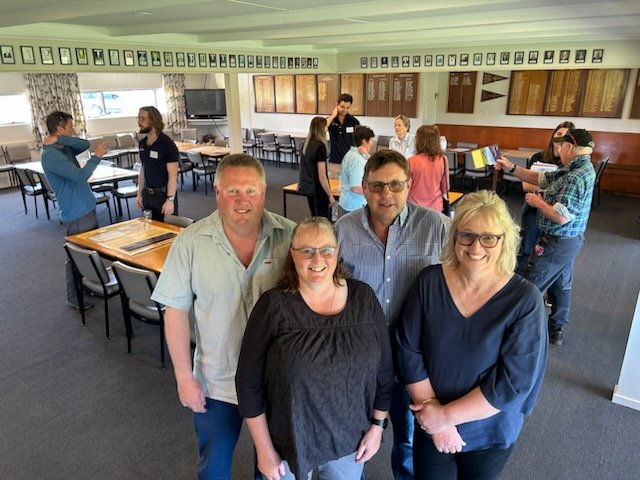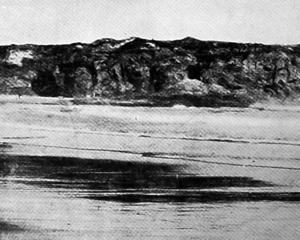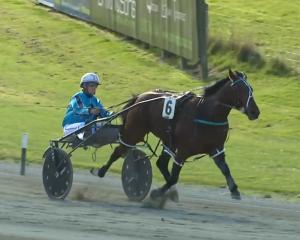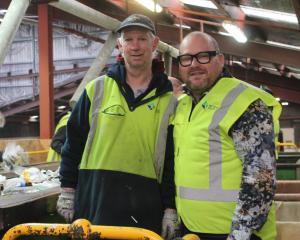
Helios Solar plans a solar farm of about $400 million on 660ha of farmland between Naseby and Ranfurly.
Solar analyst Jackson White said there were fewer potential sites than most people imagined.
Solar irradiance, or lots of sun, flat land, farmers willing to lease land and proximity to entry points on the national electricity grid were all required to line up, Mr White said.
Maniototo farming couples Phil and Donna Smith and Geoff and Lauren Shaw said they were approached by the company about 18 months ago.
It was not a difficult decision to make, Mr Smith said.
"It’s got to happen, we need power."
The two couples would be able to continue to run sheep under the 500,000 panels on the land and it was likely grass production would improve with the shade from the panels.
"The solar development helps us to continue to improve our environmental sustainability of our farming operations while also making an important contribution to the country’s renewable energy generation."
The land was not irrigated and was not highly ecologically sensitive, Mr Smith said.
Mr White said Helios had four solar farms planned around New Zealand. One at Edgecumbe, near Whakatane, was was going through the consent process and was expected to move to construction next year.
Two others in the North Island were at a similar stage to the Maniototo one, he said.
Helios senior environmental planner Sarah Brooks said the project would employ about 300 people at the peak of construction.
The entire area would be deer fenced with native planting around it and a wetland would be developed within the site.
Consent application was expected to begin at the end of this year and construction to begin in 2026, Ms Brooks said.
Mr White said the panels had a guaranteed life of 30 years and the Central Otago District Council consent would be for 35 years, after which the company would review the life of the panels and potentially renew the land use and reapply for consent.
While most of the about 40 people who called in to the session supported the project, a group of neighbours of the solar farm were not happy.
Their concerns about the impact on their properties ranged from the heavy traffic required during construction to the glare from the glass panels.












